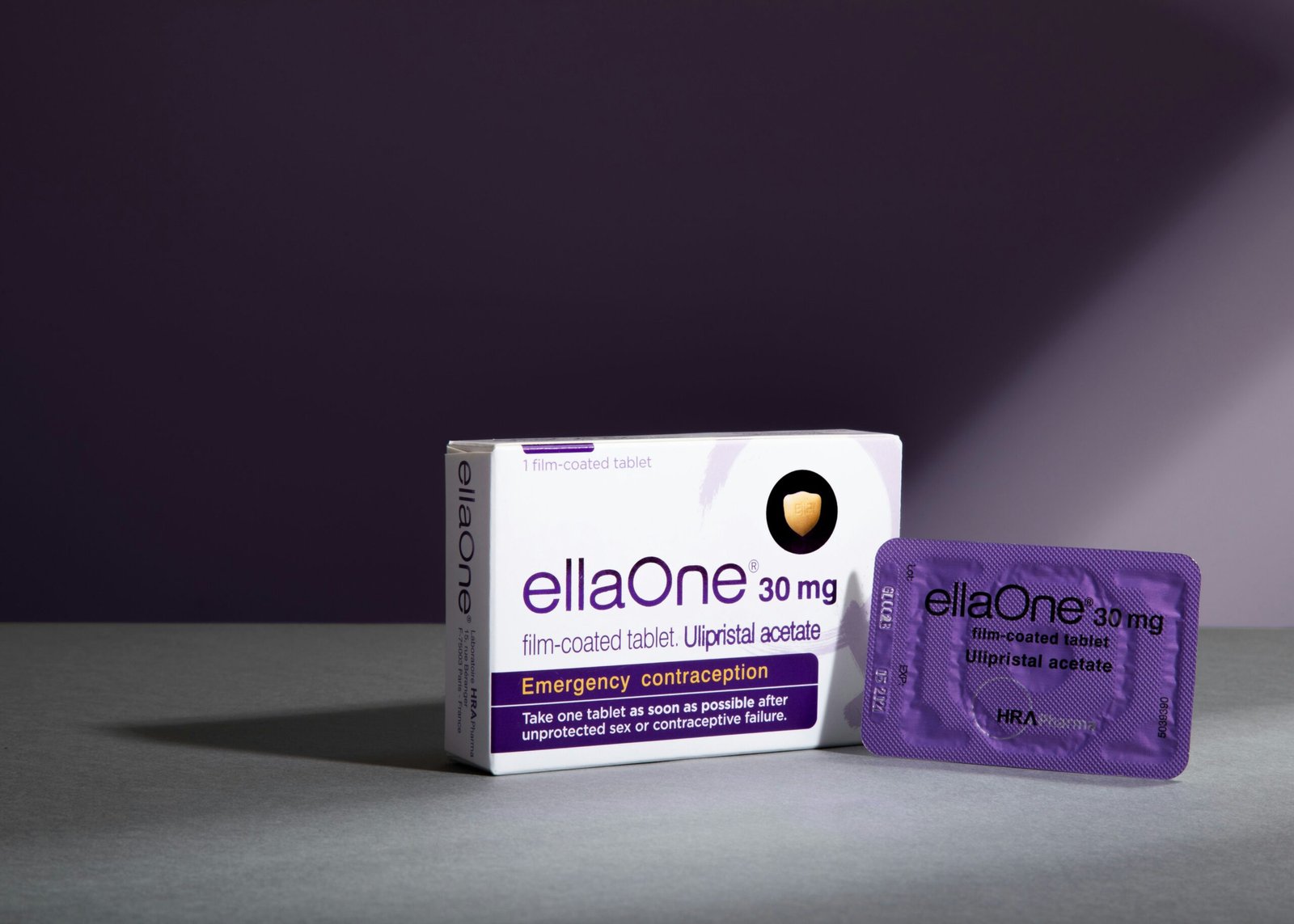Sexual Education and Marketing: Examining the Role of Marketing in Promoting Sexual Education and Health Awareness
Sexual education and health awareness are important topics that play a crucial role in promoting safe and responsible behavior. In recent years, marketing has emerged as a powerful tool in raising awareness of sexual health issues, promoting safe sex practices, and reducing stigma. This blog post will delve into the effectiveness of marketing strategies in this domain, their impact on consumer behavior, and also touch upon any potential negative impacts.
The Power of Marketing in Sexual Education
Marketing campaigns aimed at promoting sexual education and health awareness have the potential to reach a wide audience and create a positive impact. By leveraging various marketing channels, organizations and brands can effectively disseminate information, challenge societal norms, and encourage open conversations about sexual health.
One example of a successful marketing campaign in this field is the “Know Your Status” campaign by a leading non-profit organization. Through a combination of online and offline channels, this campaign aimed to raise awareness about the importance of regular HIV testing and promoting safe sex practices. The campaign utilized social media platforms, billboards, and partnerships with local clinics to reach its target audience. By using relatable and engaging content, the campaign effectively encouraged individuals to get tested and take control of their sexual health.
Impact on Consumer Behavior
Marketing campaigns focused on sexual education and health awareness have the potential to influence consumer behavior in several ways. Firstly, they can help reduce stigma associated with sexual health issues. By normalizing conversations around sexual health, marketing campaigns can encourage individuals to seek information, get tested, and adopt safer practices.
Secondly, these campaigns can promote the use of contraception and safe sex practices. By highlighting the importance of using condoms, getting regular check-ups, and practicing safe sex, marketing initiatives can empower individuals to make informed choices and take responsibility for their sexual health.
Lastly, marketing campaigns can also drive individuals to seek professional help and support. By providing information about available resources such as sexual health clinics, hotlines, and support groups, these campaigns can connect individuals with the necessary assistance and guidance.
Potential Negative Impacts
While marketing campaigns focused on sexual education and health awareness have proven to be effective in many cases, it is important to consider potential negative impacts as well. One potential concern is the reinforcement of gender stereotypes and unrealistic expectations about sexual experiences. Some marketing campaigns may inadvertently perpetuate harmful narratives or create unrealistic ideals that can negatively impact individuals’ self-esteem and body image.
Another potential negative impact is the commodification of sexual health products. In an attempt to market and sell sexual health products, some campaigns may prioritize profit over accurate information. This can lead to the promotion of unnecessary or ineffective products, potentially misleading consumers and compromising their health and well-being.
Conclusion
Marketing plays a significant role in promoting sexual education and health awareness. Through effective campaigns, marketing has the power to challenge societal norms, reduce stigma, and encourage responsible behavior. By leveraging various marketing channels and strategies, organizations and brands can make a positive impact on consumer behavior and empower individuals to prioritize their sexual health. However, it is essential to approach these campaigns with caution, ensuring that they are based on accurate information, avoid reinforcing harmful stereotypes, and prioritize the well-being of individuals.

